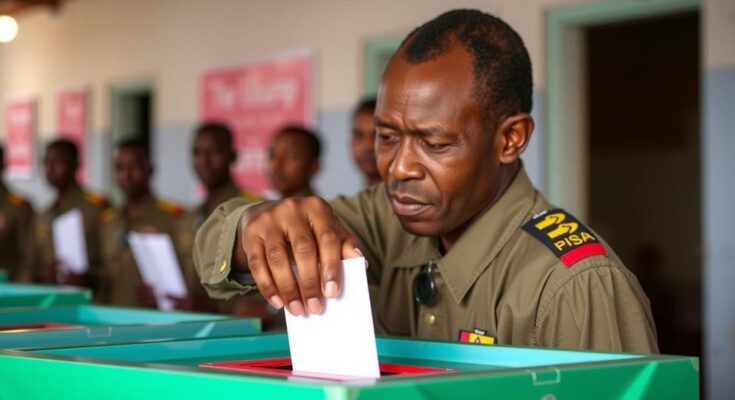Chad conducted a general election intended to end military governance; however, turnout was low at 38%. The opposition’s boycott significantly impacted voter participation, as reported by the elections management agency ANGE. The election aimed to establish new political structures amid public skepticism.
Chad held a general election on Sunday, marking a significant step towards the potential conclusion of three years of military governance. However, voter turnout was reported to be low, with preliminary figures indicating a participation rate of only 38 percent. This occurrence was largely attributed to a boycott campaign initiated by opposition groups, which significantly influenced public engagement in the electoral process. The elections, organized by the national elections management agency, ANGE, aimed to establish a new parliament, provincial assemblies, and local councils, yet faced skepticism and apathy from the electorate.
Chad has been under military rule since April 2021, following the death of President Idriss Déby. This year’s general election represents an attempt by the transitional military council to restore civilian governance. Nevertheless, public enthusiasm has waned as opposition parties have called for a boycott of the elections, arguing that the conditions are not conducive to free and fair voting. This political context emphasizes the challenges facing Chad in transitioning to a stable democratic framework.
In conclusion, the recent general election in Chad serves as a pivotal moment in the country’s political landscape, despite the low voter turnout prompted by opposition-led calls for a boycott. The election’s results will be crucial for determining Chad’s path forward following military rule. The government’s challenge will be to earn the trust of a disillusioned electorate while fostering an environment conducive to democratic governance.
Original Source: www.caledonianrecord.com




